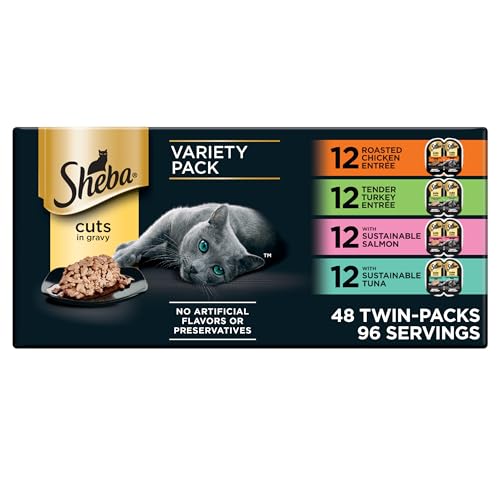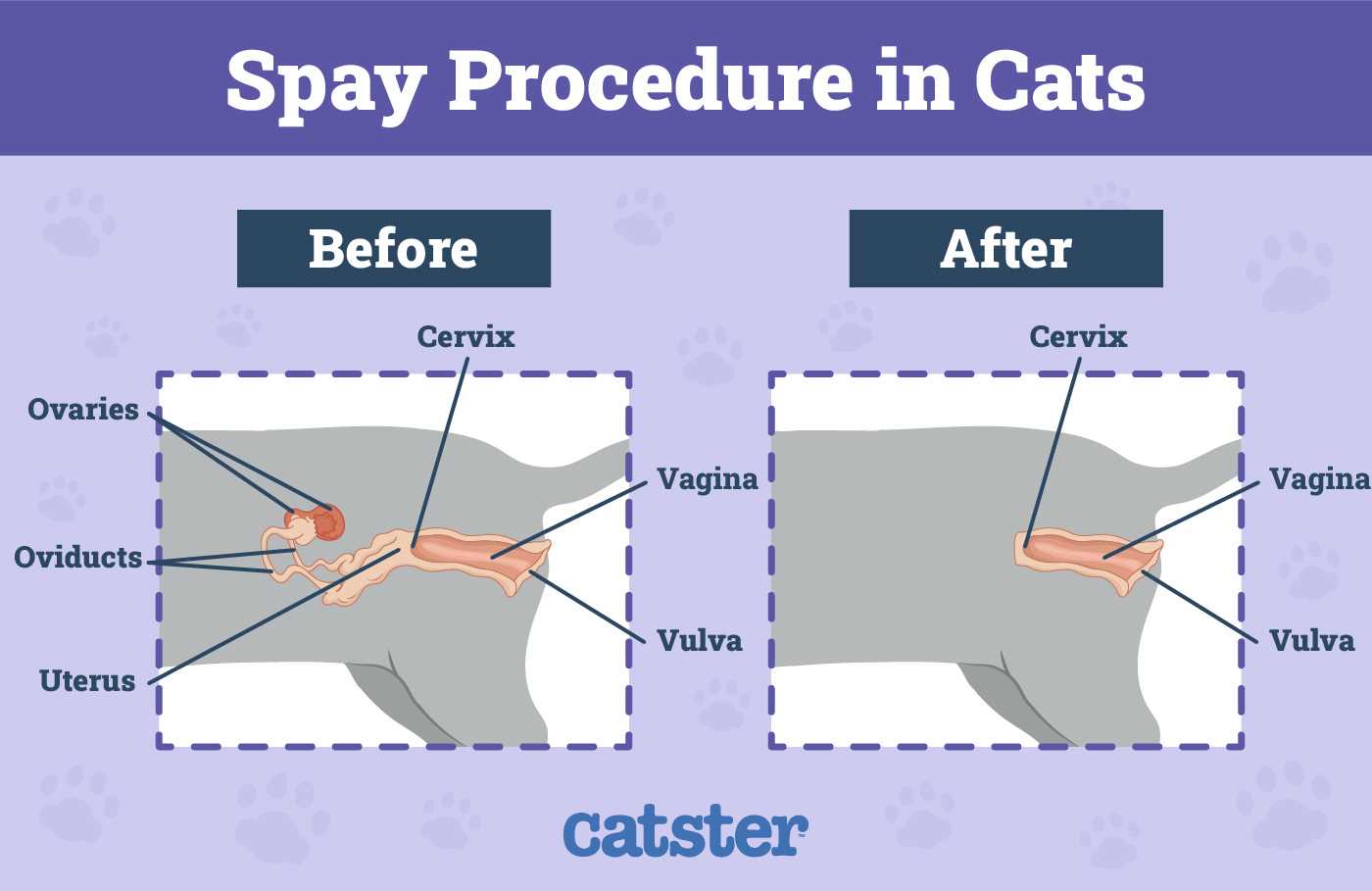



If you’re seeking the right nourishment for your aging companion, consider options that prioritize hydration and digestibility. This article focuses on high-quality, moist nourishment tailored specifically for senior felines, ensuring they receive the nutrients necessary for their health and vitality.
In this guide, you’ll find detailed reviews of various products that cater to the unique needs of mature pets. Each selection is assessed based on key factors such as protein content, moisture levels, ingredient quality, and palatability. You’ll discover how certain ingredients can support joint health, enhance digestion, and promote overall well-being.
This information is invaluable for pet owners looking to improve their aging pet’s diet. By choosing suitable options, you can help maintain their health, encourage hydration, and make mealtime more enjoyable. Whether your furry friend is a picky eater or has specific dietary needs, you’ll find something in this guide that meets their requirements.
Best Wet Cat Food for Aging Felines
Choosing nourishing meals for your aging feline is essential for maintaining their health. Look for options that are rich in high-quality proteins and moisture, as hydration becomes increasingly important with age.
Ingredients should be easily digestible, such as real meat or fish, with a limited amount of fillers. A good balance of vitamins and minerals can support overall well-being, enhancing immune function and joint health.
Key Features to Consider
- Moisture Content: High moisture levels aid in hydration, especially for those that may not drink enough water.
- Protein Sources: Animal-based proteins are ideal for muscle maintenance, crucial for older pets.
- Digestibility: Ingredients should be easy to process, minimizing gastrointestinal stress.
- Added Nutrients: Look for formulations with taurine, omega fatty acids, and glucosamine to support heart, skin, and joint health.
Always consult with a veterinarian before making significant dietary changes. They can provide tailored advice based on your pet’s specific health conditions and dietary needs.
| Nutrient | Benefit |
|---|---|
| Protein | Supports muscle health |
| Moisture | Aids hydration |
| Vitamins | Enhances immune function |
| Minerals | Supports bone health |
Monitoring your aging companion’s response to new meals is important. Adjustments may be needed based on their preferences and health status.
Nutritional Needs of Senior Felines
Older felines require a diet tailored to their changing physiological needs. This includes higher protein content to maintain muscle mass and support overall health. The shift in metabolism often necessitates a diet that is lower in calories yet rich in nutrients to prevent obesity and associated health issues.
Hydration becomes increasingly important as age progresses. Incorporating moisture-rich options into their meals can aid in kidney function and urinary health. Additionally, essential fatty acids play a crucial role in maintaining a healthy coat and skin, while also supporting cognitive function.
Key Nutrients for Aging Felines
- Protein: Quality sources help preserve muscle mass.
- Fat: Healthy fats provide energy and support skin health.
- Fiber: Aids digestion and helps maintain a healthy weight.
- Vitamins: Antioxidants support immune function and overall health.
- Minerals: Calcium and phosphorus are important for bone health.
Consultation with a veterinarian can help determine specific dietary needs, taking into account any health conditions that may affect nutritional requirements. Regular monitoring of weight and overall condition is essential for adjusting dietary plans as needed.
Brands Specializing in Cuisine for Senior Felines
Several reputable companies focus on nutrition tailored to mature felines, ensuring their dietary needs are adequately met. These brands prioritize high-quality ingredients, emphasizing protein and moisture content, which are crucial for older pets. Their formulations often include specific vitamins and minerals to support overall health and well-being.
In addition to quality ingredients, many of these manufacturers invest in research to create recipes that cater to common health issues faced by aging pets, such as kidney function and mobility. They often provide a variety of flavors and textures, making it easier for discerning palates to enjoy their meals.
Ingredient Quality and Nutritional Benefits
Many brands utilize real meats as the primary ingredient, avoiding fillers and artificial additives. This focus on protein helps maintain muscle mass and energy levels in senior companions.
- Protein Sources: Chicken, turkey, and fish are prevalent, providing essential amino acids.
- Moisture Content: High moisture levels assist in hydration, particularly for those with kidney concerns.
- Functional Ingredients: Added nutrients like omega fatty acids support skin and coat health.
Additionally, some manufacturers incorporate ingredients known to promote joint health, such as glucosamine and chondroitin. These components can improve mobility and comfort, enhancing the quality of life for senior companions.
When selecting a brand, it’s beneficial to consider the specific health requirements of your mature feline. Consulting with a veterinarian can provide insight into which options align with their unique needs, ensuring a balanced and enjoyable diet.
Texture and Palatability: Key Factors for Senior Felines
Choosing the right nourishment for mature felines requires careful attention to texture and palatability. As these animals age, their dental health and digestive systems can decline, making it essential to select options that are both easy to consume and appealing to their taste buds.
Soft and moist consistencies are often preferred by aging pets, as they are easier to chew and swallow. Products that incorporate a smooth or finely minced texture can help reduce the strain on their teeth and gums. Additionally, ensuring that the aroma is enticing can significantly influence a senior feline’s willingness to eat.
Factors Influencing Acceptance
- Texture: A creamy or pâté-like consistency is generally more appealing, aiding in easy consumption.
- Flavor Variety: Incorporating a range of flavors can stimulate appetite and encourage regular eating habits.
- Aroma: A strong, savory scent can attract even the pickiest eaters and encourage them to try new options.
- Moisture Content: Higher moisture levels are beneficial for hydration, especially if the feline is less inclined to drink water.
Monitoring the reactions of mature companions to different textures can provide insights into their preferences. A gradual introduction of new options may help in identifying what they enjoy the most while ensuring they maintain a balanced diet.
Ultimately, prioritizing palatability and suitable texture can enhance the quality of life for senior felines, ensuring they receive the necessary nutrients while enjoying their meals.
Common Ingredients to Look for in Wet Food
High-quality protein sources are fundamental in the diet of aging felines. Ingredients such as chicken, turkey, or fish should be prominently listed, as they provide the necessary amino acids for maintaining muscle mass and overall health. It is beneficial to choose products where these proteins appear at the beginning of the ingredient list, indicating higher content.
In addition to protein, the inclusion of healthy fats is vital. Omega-3 and Omega-6 fatty acids, often derived from fish oil or flaxseed, contribute to skin and coat health, reducing inflammation and supporting cognitive function. These fats play a significant role in enhancing the nutritional profile of meals.
Carbohydrates and Fiber
While felines are obligate carnivores, a small amount of carbohydrates can be beneficial. Ingredients such as peas, carrots, or pumpkin can provide fiber, which aids in digestion and helps prevent hairballs. It’s crucial to ensure that these ingredients are present in moderation, as excessive carbohydrates can lead to weight gain.
Hydration is another key factor. Since many aging pets may have health concerns, moisture content is critical. Look for options that have high water content to assist in hydration, particularly if your pet has urinary tract issues.
Vitamins and Minerals
Incorporation of vitamins and minerals is crucial for maintaining overall health. Ingredients such as taurine, vitamins E and B complex, and minerals like zinc and selenium are beneficial. These nutrients support heart health, immune function, and energy metabolism.
Always check for the absence of artificial preservatives, colors, and fillers. Natural ingredients are preferable to ensure optimal health and well-being. By focusing on these specific components, you can make informed choices that cater to the unique dietary needs of your aging companion.
Feeding Tips for Managing Weight and Health
Monitor portions to maintain a healthy weight. Consult a veterinarian to determine the ideal caloric intake based on age, weight, and activity level. Use measuring cups to ensure accuracy and avoid free-feeding, which can lead to overeating.
Incorporate high-quality protein sources into meals, as they support muscle maintenance in aging felines. Select options with omega-3 fatty acids to promote joint health and improve coat condition.
- Provide smaller, more frequent meals throughout the day to aid digestion.
- Introduce new flavors gradually to avoid gastrointestinal upset.
- Consider prescription diets designed for weight management if obesity is an issue.
Hydration is also critical; ensure fresh water is always available. Adding moisture to meals can help increase fluid intake.
- Evaluate weight regularly to track progress.
- Adjust feeding portions based on changes in weight.
- Consult with a veterinarian to tailor dietary needs as health conditions change.
Maintaining a balanced diet is vital for longevity and health. Attention to portion control, nutrient quality, and regular health check-ups will improve the quality of life for aging pets.
Best wet cat food for elderly cats
Features
| Size | 48 Count (Pack of 1) |
Features
| Release Date | 2023-05-29T00:00:01Z |
| Size | 2.8 Ounce (Pack of 24) |
Features
| Part Number | 9007 |
| Model | 9007 |
| Warranty | The Wellness Guarantee: If for any reason you or your cat are not satisfied with this product, return it to Amazon for a refund. |
| Color | Chicken & Turkey Pate Favorites |
| Release Date | 2020-03-31T00:00:01Z |
| Size | 1 Count (Pack of 24) |
Features
| Part Number | 00038100179807 |
| Model | 17980 |
| Color | Seafood Favorites Variety Pack - Senior 7+ |
| Release Date | 2018-06-04T00:00:01Z |
| Size | 12 Count (Pack of 2) |
Features
| Size | 48 Count (Pack of 1) |
Features
| Model | UPNNPCATCPR |
Video:
FAQ:
What ingredients should I look for in wet cat food for elderly cats?
When selecting wet cat food for elderly cats, it is important to focus on high-quality protein sources, such as chicken, turkey, or fish, as these help maintain muscle mass and support overall health. Additionally, look for foods that contain omega-3 and omega-6 fatty acids, which can promote healthy skin and coat. Fiber is also beneficial for digestive health, so cat foods with added fiber can help prevent constipation, a common issue in older cats. Moreover, wet food should have a balanced ratio of vitamins and minerals to support kidney function and overall well-being. Always check for the absence of fillers, artificial preservatives, and excessive carbohydrates, as these can be less beneficial for senior cats.
How do I determine the right portion size of wet food for my elderly cat?
Determining the right portion size for your elderly cat involves a few key factors. First, consider your cat’s weight, age, and activity level, as these can influence their caloric needs. Most wet cat food packaging includes feeding guidelines based on weight, which can serve as a starting point. It is advisable to monitor your cat’s weight and adjust the portion size accordingly. If your cat is losing weight, you may need to increase their portion, while a cat that is gaining too much weight may require a reduction. Additionally, consult with your veterinarian for personalized recommendations, especially if your cat has any specific health concerns. Regularly assessing your cat’s body condition can help ensure they maintain a healthy weight.










